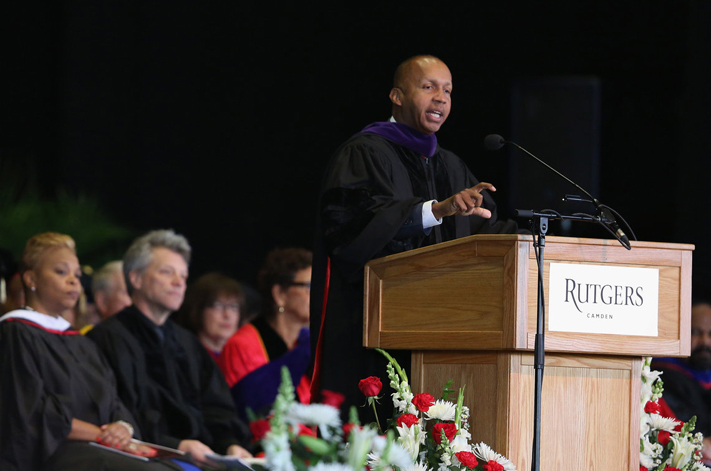Project Description
 Reference Publication:
Reference Publication:
Research-Based Options for Education Policymaking
Download The Full Report
Contact:
William J. Mathis, (802) 383-0058, mailto:wmathis@sover.net
URL for this press release: http://tinyurl.com/93jssqk
BOULDER, CO (October 11, 2012) – This second in a series of two-page briefs summarizes current research findings on the likely effects of the widespread adoption of the Common Core State Standards (CCSS).
The CCSS have been developed under the auspices of the National Governors’ Association and the Council of Chief State School Officers, with financial support from the Gates Foundation. Through conditions placed on grants and on NCLB waivers, the U.S. Department of Education has pushed states to adopt “college and career ready standards,” with 46 of the states having adopted the CCSS in whole or in part.
The brief is written by Dr. William Mathis, managing director of the National Education Policy Center, housed at the University of Colorado-Boulder School of Education.
Mathis notes that there is no research directly on the CCSS program since it has yet to be implemented. Based on past experience with state standards and the experience of other nations, however, we know that the effects of the CCSS will depend much less on the standards themselves than on how they are used. He identifies two factors that are particularly crucial. “The first is whether states invest in the necessary curricular and instructional resources and supports, and the second concerns the nature and use of CCSS assessments developed by the two national testing consortia.”
Mathis warns that standards themselves don’t teach. Nor does the international bench-marking of these standards have any effect. Alone, they do not create strong incentives to change what happens in the classroom. Instead, they can provide a foundational layer on which states can choose to build other policies such as supports for teaching and learning. He asks whether, given the current status of federal and state budgets, “there will be the political will to provide schools and students the professional support and learning resources necessary for the effort to be successful.”
Regarding the two national assessment consortia, the nature and use of the assessments will be crucial. Mathis expresses concern, noting that No Child Left Behind resulted in high-stakes testing that narrowed and “dumbed down” the curriculum and often resulted in test-driven drill and practice. Whether the testing consortia have the financial resources to implement high-quality and higher-order assessments on time is also an open question.
He concludes that the adoption of standards and assessments alone “is unlikely to improve learning, increase test scores, or close the achievement gap.” Keep an eye instead on the support and the assessments, he says.
This two-page brief is part of Research-Based Options for Education Policymaking | National Education Policy Center, a multipart brief that takes up a number of important policy issues and identifies policies supported by research. Each section focuses on a different issue, and its recommendations to policymakers are based on the latest scholarship.
The brief is made possible in part by support provided by the Great Lakes Center for Education Research and Practice.
Find William Mathis’s brief on the NEPC website at:
http://nepc.colorado.edu/newsletter/2012/10/options-common-core
The mission of the National Education Policy Center is to produce and disseminate high-quality, peer-reviewed research to inform education policy discussions. We are guided by the belief that the democratic governance of public education is strengthened when policies are based on sound evidence. For more information on the NEPC, please visit http://nepc.colorado.edu/
This brief is also found on the GLC website at http://www.greatlakescenter.org/










